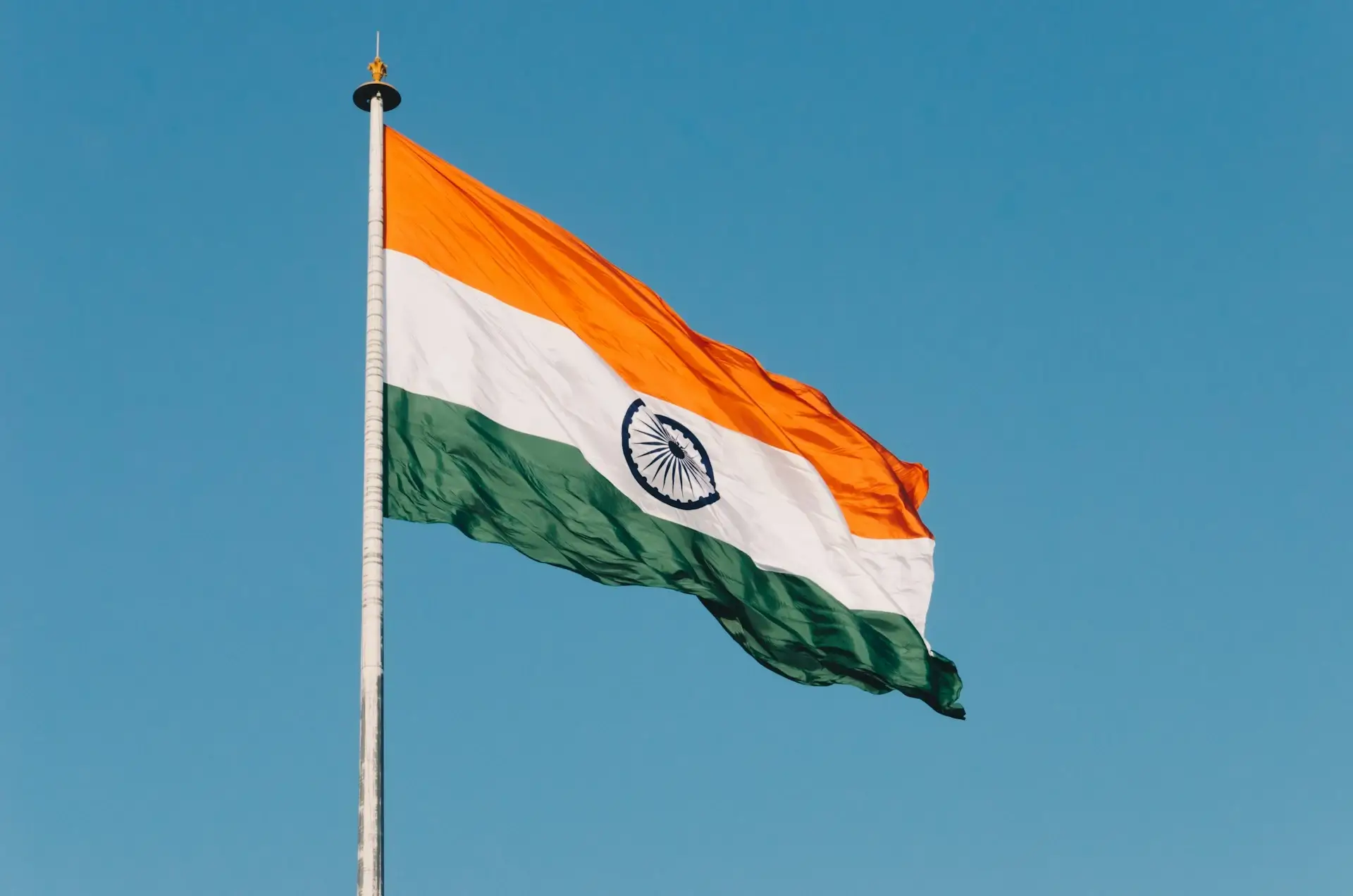
Revolutionizing Geospatial Data: India’s National Geospatial Policy 2022
Unlocking the Power of Geospatial Data
The Indian government has taken a significant leap towards inclusive development with the implementation of the National Geospatial Policy 2022 (NGP). This policy has greatly increased the accessibility and utilization of spatial data, resulting in rapid improvements in citizen services and extending their reach to even the remotest corners of the country.
Fostering Inclusivity and Progress
The Department of Science and Technology (DST) has led the implementation of the NGP by consolidating the governance framework and liberalizing access to geospatial data. They are continuously improving the Geospatial Data Infrastructure and promoting enterprise development. Aligning with the vision of Atmanirbhar Bharat, DST is empowering local companies to generate and use their own geospatial data, enhancing their global competitiveness.
A New Era of Geospatial Governance
In a recent address at the UN World Geospatial International Congress, Prime Minister Modi emphasized the role of geospatial technologies in fostering inclusivity and progress. The NGP liberalizes access to geospatial data, marking a significant step towards transforming how spatial data benefits the public. Professor Abhay Karandikar, DST Secretary, echoed this sentiment, highlighting the NGP’s positive impact on delivering citizen services.
Simplifying Access to Geospatial Data
Prime Minister Narendra Modi provided visionary guidance. Following this, India declared a data access liberalization policy. Consequently, India consolidated its governance framework for geospatial data. The policy eliminated the need for prior approvals. It also removed security clearance requirements for ‘National Geospatial’ data. Licenses and other restrictions were abolished within India. The previous clearance system got replaced with self-certification. As a result, the access process became simpler. Now, individuals, companies, and agencies can access geospatial data easily. Moreover, they can utilize this data for ‘citizen services’. The open approach fosters innovation and widespread adoption. It aligns with India’s digital transformation goals.
Enhancing Data Infrastructure
To enhance the data infrastructure and improve the availability and accessibility of superior location data across organizations and sectors, the Survey of India (SoI) has launched a pan-India Continuously Operating Reference Stations (CORS) Network. Additionally, SoI has surveyed and mapped more than 2.8 lakh villages through Drone Flying Under the SVAMITVA Scheme, covering the states of Andhra Pradesh, Haryana, and Karnataka.
Empowering the Geospatial Industry
The NGP actively promotes open standards, data, and platforms. As a result, it fosters enterprise development. Consequently, a thriving geospatial industry emerges in India. Private enterprises participate actively. Individuals can now process acquired ‘National Geospatial’ data. Similarly, companies and agencies can do the same. They can create applications using this data. Moreover, they can develop solutions leveraging it. In addition, individuals, companies, and agencies can utilize the data products. They can also use applications and solutions for ‘citizen services’. The open approach enables widespread adoption and innovation.
Transforming the Future of Geospatial Data
In conclusion, the National Geospatial Policy 2022 is a significant step towards inclusive development, fostering growth, and progress in India. By liberalizing access to geospatial data and enhancing infrastructure, the policy is transforming the way spatial data is used to benefit the public, promoting a thriving geospatial industry in the country.
